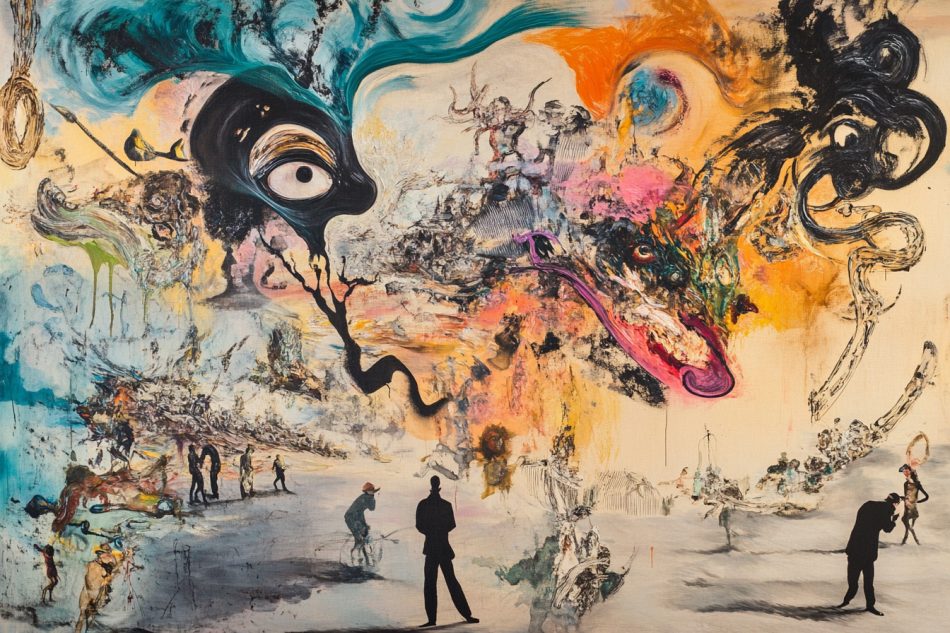
Page Deception
Understand ‘post-truth,’
a term describing a situation where emotional
or personal beliefs often influence public opinion
more than objective facts.
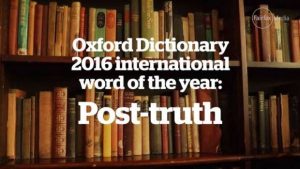
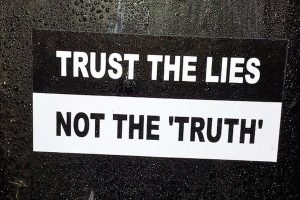
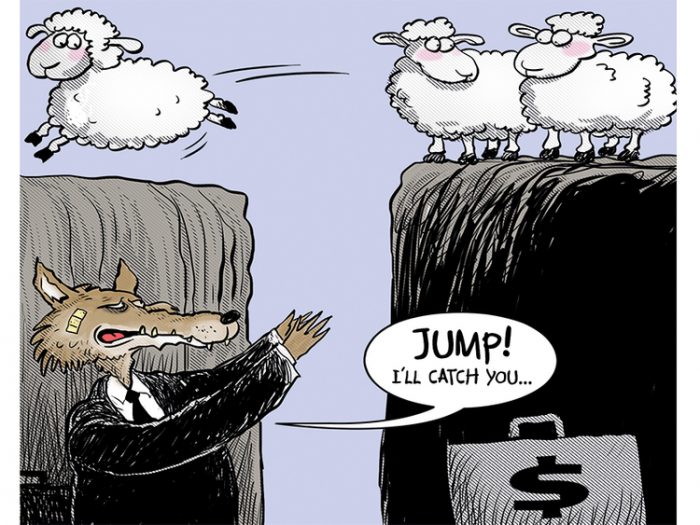
Relating to a situation in which people are more likely to accept an argument based on their emotions and beliefs, rather than one based on facts:
The referendum was the first major vote in the era of post-truth politics.
He dubs the current administration a ” post-truth” White House.
Cambridge Dictionary
More examples
In this post-truth era, science is needed more than ever.
The world has entered an era of post-truth politics.
His lecture was entitled “Fake News in a Post-truth World”.
Cambridge Dictionary
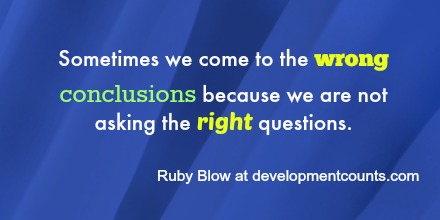
Post-truth: ADJECTIVE
Relating to or denoting circumstances in which objective facts are less influential in shaping public opinion than appeals to emotion and personal belief.
‘in this era of post-truth politics, it’s easy to cherry-pick data and come to whatever conclusion you desire’
‘some commentators have observed that we are living in a post-truth age’
Oxford Dictionary
Denote
To represent something: The colour red is used to denote passion or danger.
Cambridge dictionary
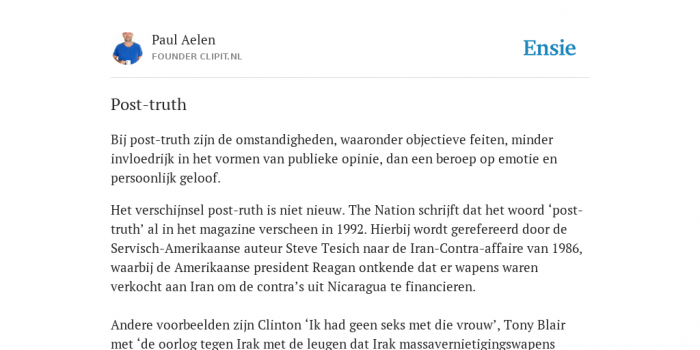
The website is about one issue, the paradox that Liam Allan as a criminology student – with charisma, maturity and support – ended up in a court case that did not apply to him and only got out by chance, at the eleventh hour, after a two-year crucifixion, as a result of dysfunctions – including “disclosure of information”.
Everything else on the website is to illustrate the unimaginable dysfunctions.
It is not possible that someone ‘out of the blue’ can be accused of something that is not his nature.
To be accused of something that is a priori absurd.
The website deals with the issue on paper, which is identical as two drops of water to what happened to Liam Allan.
De website gaat over één kwestie, de paradox dat Liam Allan als criminologie student – met uitstraling, maturiteit en ondersteuning – in een rechtszaak terecht kwam, die niet op hem van toepassing was en er slechts per toeval, ter elfder ure uitgeraakte, na een kruisweg van twee jaar, als gevolg van disfuncties – o.a. “disclosure of information”.
Al het overige in de website is ter illustratie van de zich niet voor te stellen disfuncties.
Het kan niet dat iemand ‘out of the bleu’ zomaar kan beschuldigd worden van iets die zijn natuur niet is.
Beschuldigd worden van iets die a priori absurd is.
De website gaat over de kwestie op papier, die als twee druppels water identiek is aan wat Liam Allan overkwam.
“Post-truth” refers to a cultural and political phenomenon where objective facts are less influential in shaping public opinion than appeals to emotion, personal beliefs, and subjective opinions. It is often characterized by a disregard for facts, evidence, and rationality in favor of emotional appeal, confirmation bias, and the prioritization of personal beliefs and opinions.
Key points about “post-truth” include:
Emphasis on emotions over facts: In a post-truth environment, emotional appeal, personal anecdotes, and sensationalism often take precedence over factual accuracy. Appeals to fear, anger, and tribalism can be more influential in shaping public opinion than objective evidence.
Reliance on subjective opinions: Post-truth often involves the prioritization of subjective opinions and personal beliefs, regardless of their alignment with factual reality. Opinions are often given equal or greater weight than facts, leading to a blurring of the line between fact and opinion.
Disregard for evidence and expertise: Post-truth can be characterized by a dismissal or rejection of evidence-based information and expert opinions, particularly when they challenge existing beliefs or ideologies. Expertise and authority are often questioned or undermined, and conspiracy theories and misinformation may gain traction.
Confirmation bias and echo chambers: Post-truth can thrive in echo chambers, where people are more likely to be exposed to information that confirms their preexisting beliefs and less likely to encounter diverse perspectives or contrary evidence. This can reinforce confirmation bias, leading to a further entrenchment of subjective opinions and beliefs.
Influence of social media and digital technologies: Social media and digital technologies have facilitated the spread of misinformation, fake news, and sensationalism, contributing to the post-truth phenomenon. The rapid dissemination of information without proper fact-checking or verification can exacerbate the spread of post-truth narratives.
Sociopolitical implications: Post-truth can have significant implications for society and politics. It can erode trust in institutions, undermine the credibility of media and journalism, and polarize public discourse. It can also shape public policy decisions based on subjective opinions rather than evidence, leading to potential consequences for governance, democracy, and public welfare.
Need for critical thinking and media literacy: In a post-truth environment, critical thinking skills and media literacy are crucial for navigating and evaluating information. It is important to fact-check information, critically assess sources, and seek diverse perspectives to guard against the influence of post-truth narratives.
Ethical considerations: The spread of misinformation and the erosion of truthfulness can have ethical implications, including the potential harm caused by false information, the erosion of trust in public institutions, and the undermining of democratic processes. Ethical considerations should be taken into account in addressing and mitigating the post-truth phenomenon.
In summary, “post-truth” refers to a cultural and political climate where emotions, subjective opinions, and personal beliefs can override objective facts, evidence, and expertise in shaping public opinion. It has implications for society, politics, and governance, and highlights the importance of critical thinking, media literacy, and ethical considerations in addressing this phenomenon.
Alan Rusbridger: Fact vs fiction
Stephen Sackur interviews Alan Rusbridger, former editor of The Guardian and now a member of Facebook’s Oversight Board. The Covid-19 pandemic is a test of global public health systems, but it also presents a profound challenge to our media and information networks. How do we ensure that fact prevails over fiction?
1 Salman Rushdie on gender, fake news and Trump – BBC Newsnight
7 okt. 2017
2 Salman Rushdie Full Interview. ON TRUTH, BEAUTY, THE ETHICS INSTINCT UNIVERSAL HUMANITY AND MORE
7 sep. 2017
3 The Real Cost of Conviction | James Moody | TEDxMarthasVineyard
Gepubliceerd op 30 sep. 2015
How Murdoch’s Fox News allowed Trump’s propaganda to destabilise democracy | Four Corners
23 aug. 2021
For decades its catch cry was “fair and balanced.” Then along came Donald Trump.
Four Corners investigates how Fox News went from a conservative voice to a ‘propaganda organ’ for Donald Trump that some former reporters say they’re ‘ashamed’ to be associated with.
Fox and the Big Lie: Trump returns to campaign trail amid ‘stolen election’ lawsuits | Four Corners
30 aug. 2021
In the aftermath, high profile Fox News presenters gave a platform to Trump’s campaign pouring fuel on the already ferocious political divide.
Now, their words and actions are under scrutiny in multi-billion dollar lawsuits.
In an exclusive interview, Trump’s former lawyer and advocate of the ‘stolen election’ conspiracy, Sidney Powell, is asked to justify her claims.
4 Crushed Pearl Necklace Prank
6 apr. 2011
Woman asks for some help with her pearl necklace which breaks and is then crushed by the jerk worker and his crush machine. A presentation of the Just For Laughs Gags. The funny hidden camera pranks show for the whole family. Juste pour rire les gags, l’émission de caméra caché la plus comique de la télé!